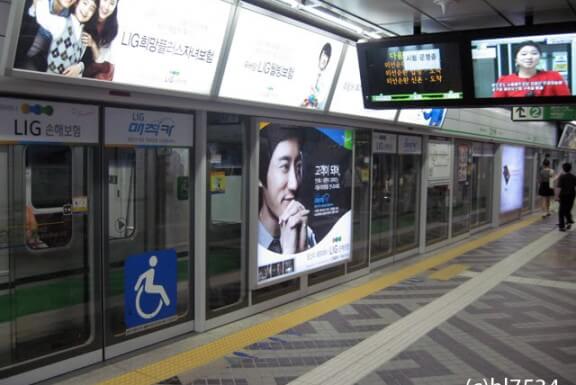Councilman Kenyatta Johnson introduced legislation this afternoon that would authorize a committee to look into Philadelphia’s critical lack of emergency shelters for domestic violence victims, which has led one legal advocacy organization to consider suing the city.
“In the summer of 2010, our office began receiving hysterical calls from people turned away from the Appletree Center,” the main intake hub for the city’s shelter system, Marsha Cohen of the Homeless Advocacy Project said. “The Office of Supportive Housing has been calling our office to let us know they’re sending families away in droves. DHS has been asking if it is legal to remove children from a home because there’s no shelter.”
She said her group has considered suing the city because they are so desperate for resources and cannot handle the overflow. “We have had families camping out in our office until they are accepted into the system,” she said.
In a recent city survey, 50 percent of the homeless said that they were without shelter due to domestic violence, Johnson said.
“Philadelphia has the lowest rate of domestic violence beds than any of the surrounding cities,” said Jeannine Lisitski of Women Against Abuse. The organization runs the only emergency shelter for victims in the city and was forced to turn away an “all-time high” of 7,705 people in the past fiscal year, while being able to house about 117, or approximately six people out of every 100,000 citizens, Lisitski said.
Domestic homicides have doubled since 2009 and are continuing at that level, Litiski said. With such a need and such a shortage, an increased burden is placed on shelters in surrounding counties forced to house Philadelphians, as well as on law enforcement, emergency services, hospitals and city shelters.
“I believe, as a city, we can do a better job,” Johnson said. “The actual hearing process will look at all the options available as it relates to how we can support additional shelters for those suffering from domestic abuse, especially emergency shelters.
“I know we’re in tough economic times, but this isn’t a short-term approach, it’s long-term advocacy.”



























